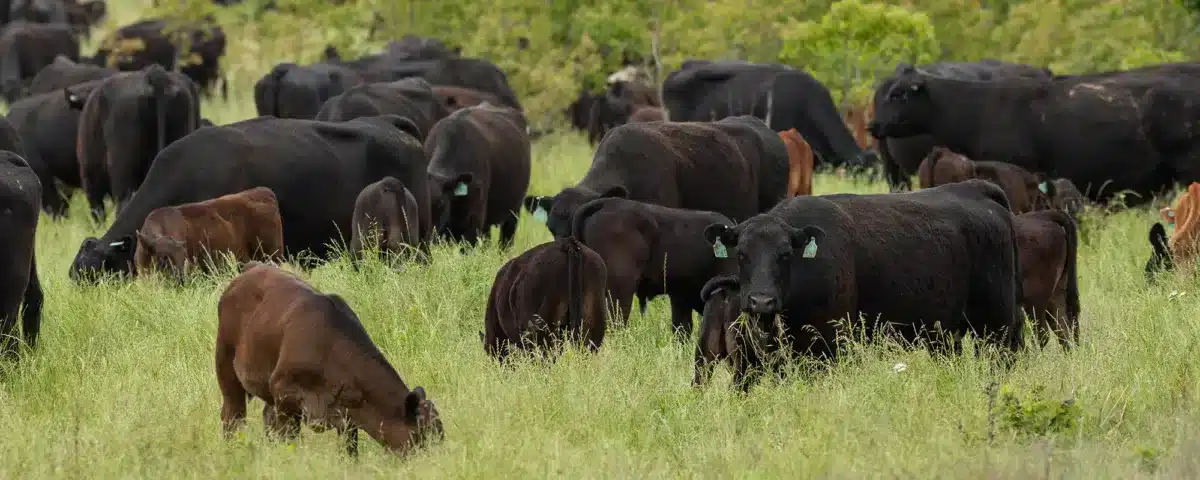Poultry manure is considered rich in essential nutrients and is often used as fertiliser in organic agriculture, conventional farming, horticulture and in home gardens. When used as a fertiliser, the application of poultry manure is intended to increase crop production, but new evidence has found that manure that contains glyphosate (also known as Roundup) residues can have the opposite effect.
A research paper published in the journal “Science of The Total Environment” by researchers from the University of Turku in Finland revealed that poultry manure used as fertiliser can decrease crop yields when it contains residues of glyphosate-based herbicides.
Using animal manure as fertiliser is one of the cornerstones of organic agriculture, but organic farmers are increasingly concerned about the traces of glyphosate that can be found in it. Around the world, farmers spray glyphosate directly onto crops such as soybeans, maize, cotton, canola, wheat and oats. A vast amount of this crop production goes towards feeding livestock, which means that they too are ingesting this chemical. And because there are glyphosate residues in animal food, detectable glyphosate levels are commonly found in animal manure.
What makes Roundup so dangerous?
- 9.4 million tons of glyphosate have been sprayed on fields worldwide.
- The World Health Organisation’s International Agency for Research on Cancer (IARC) classified glyphosate as “probably carcinogenic to humans”.
- There is a particular association between glyphosate and non-Hodgkin lymphoma
In the United States, thousands of people suffering from non-Hodgkin lymphoma have sued Monsanto (the producers of Roundup), and juries have found that glyphosate herbicides were to blame for causing the cancers. Roundup could also be an endocrine disruptor, interfering with the body’s hormones leading to developmental and reproductive problems, along with brain and immune system dysfunction.
Read more about the impact of glyphosate
The problem with glyphosate residues in fertiliser
The high glyphosate-based herbicide residues in poultry manure have been found to:
- Decrease efficiency of manure as fertiliser
- Decrease plant growth and reproduction
- Inhibit the growth-promoting effects of manure.
Worst of all, glyphosate residues can persist in ecological systems and affect several non-target organisms for many years to come. The consequences of this include:
- Long-lasting contamination of agricultural cycles
- Glyphosate contamination of non-target areas
- Increased threat to non-target organisms
- Increased risk of emerging resistance to glyphosate.
Thus, using poultry manure that contains glyphosate can have serious impacts on overall sustainability, and goes directly against the goals, aims and practices of organic agriculture.
Rodale Institute soil scientist, Dr Yichao Rui, said: “The impacts of glyphosate residue that have accumulated in poultry excrements is a largely overlooked area of research. But what research does exist has shown that those residues can have a negative effect on crops, if poultry manure was used as a fertiliser. Glyphosate residues in fertilisers have been shown to have negative effects on plants, soil microbiomes, and microbes associated with plants and animals, including humans through the food chain. When this contamination is unintentionally spread through fertiliser, it places a severe strain on biodiversity and ecosystem functions and services.”
At Zylem, it’s our goal to eliminate potentially dangerous and harmful chemicals from farming. Get in touch with the Zylem team to find out more about our sustainable farming solutions. Contact us on 033 347 2893 or send your enquiry to [email protected].

About the Author: Alex Platt
Alex is Business Development Manager at Zylem. He’s inspired by the potential of regenerative farming and takes a special interest in the technology and products that are moving agriculture in a more sustainable direction.

